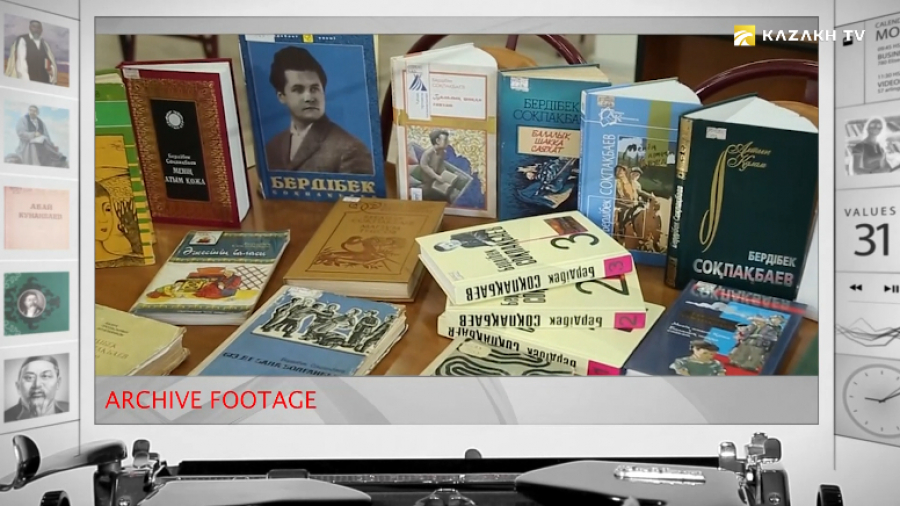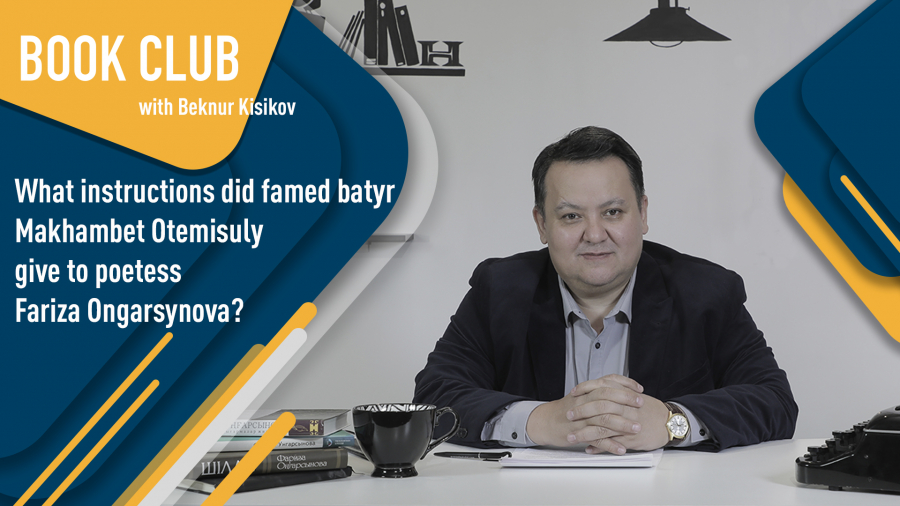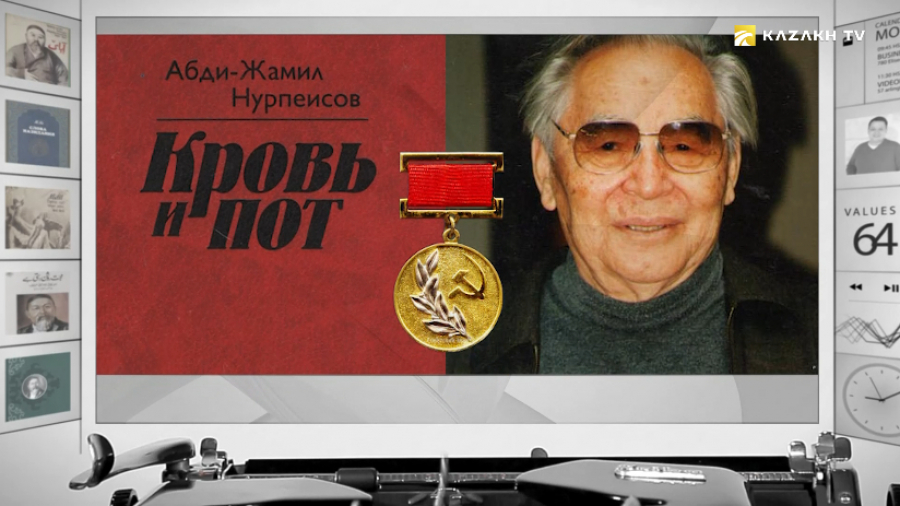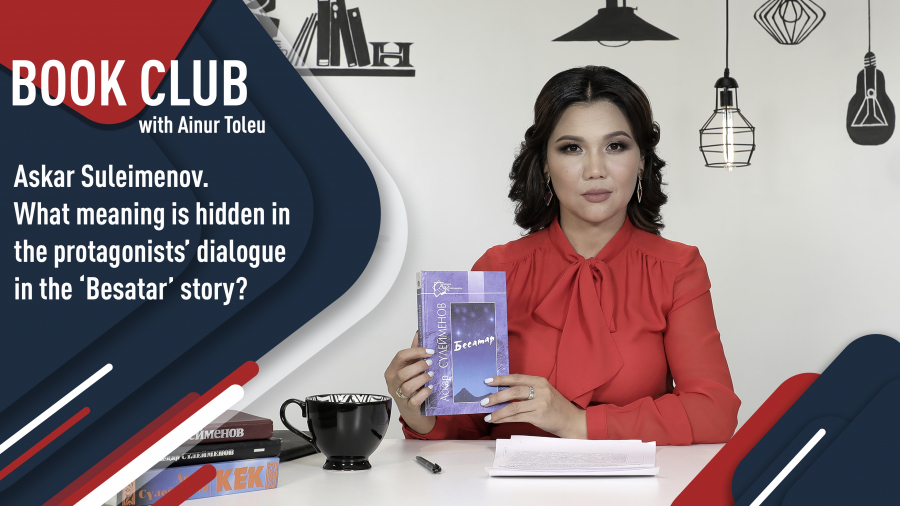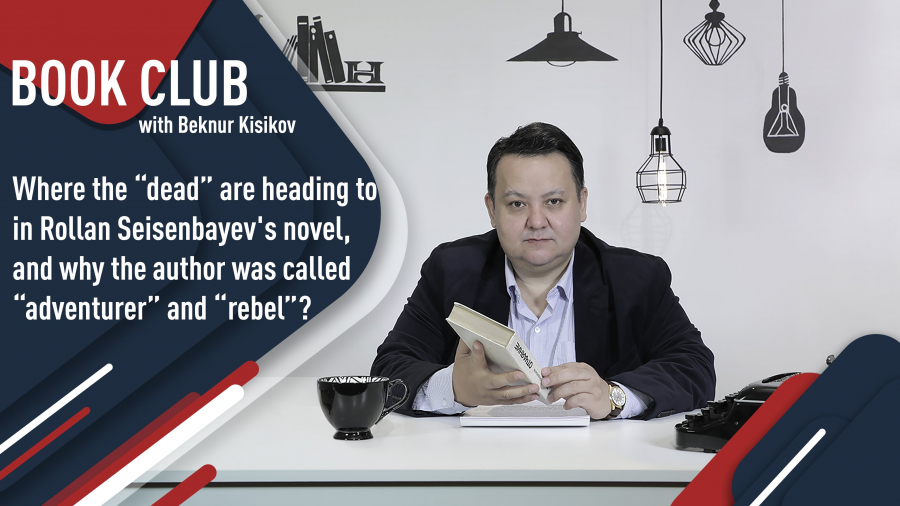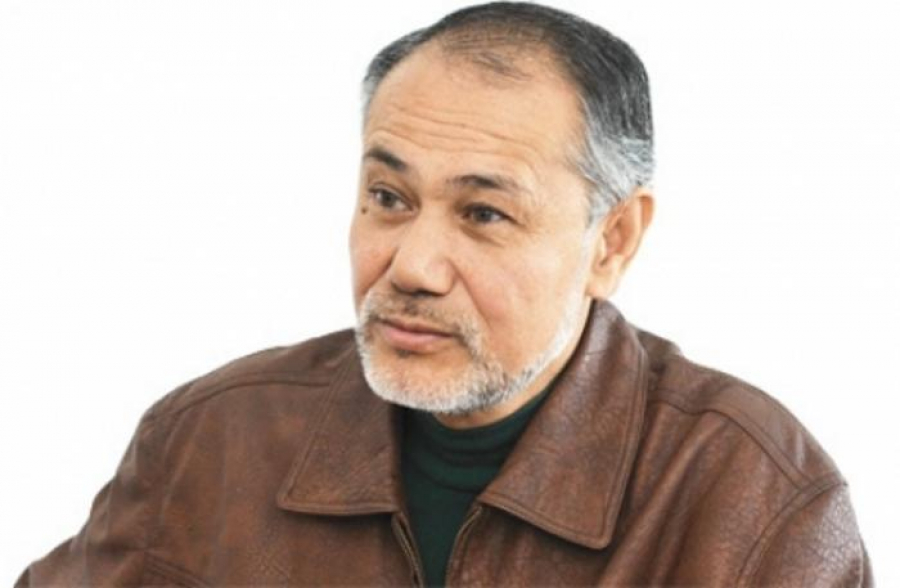
Auezkhan Kodar had a multilayered personality, and his talents were almost limitless. Since his very childhood, he suffered from a serious disease, but did not lose his fortitude and became one of the brightest intellectuals of his time. Auezkhan was a bilingual writer, and this is such a rare gift in this profession. And of course, he was involved in translation work, too. He was also a culturologist, and wrote excellent articles about Turkic mythology. In his works, he paid special attention to the image of Korkyt, because Auezkhan Kodar was born where, according to a legend, the iconic kobyzshi once lived. Another thing Auezkhan was involved with was literary mentorship. He published a magazine, helped young talents, and in every way contributed to the development of literature in Kazakhstan.
The protagonist of the "Threshold of No Return'' novel is a man called Agzam Agzamov. He is a former deputy, and quite a big shot, endowed with influence and power, the man who encompasses the very essence of the 'big shot' word. So, one day this man wakes up in some place, which is not his home, and finds out that his appearance has changed completely.
And this is how his ordeals begin. The personal driver does not recognize him and does not let him into his car. The secretary does not recognize him, too, and kicks him out of the office. As it turns out, his flat is now inhabited by some stranger, who hands Agzamov over to the police. This is how Agzamov finds himself in a prison, where he shares his cell with a strange giant who is busy translating Beatles songs into Kazakh, and a mysterious person who only reads books and talks about the culture of the 20th century.
The events in the book change so rapidly, as if you are watching an action VHS movie of the 90s. And at times you find it hard to follow the plot of the story.
The writer deliberately vulgarized the plot, trying to put all the absurdity that was happening in the 90s on display.
And there are a lot of different thoughts in the book. Reasoning about the decline of morality and spirituality. Thoughts about faith and atheism. Reflections on capitalism and communism.



